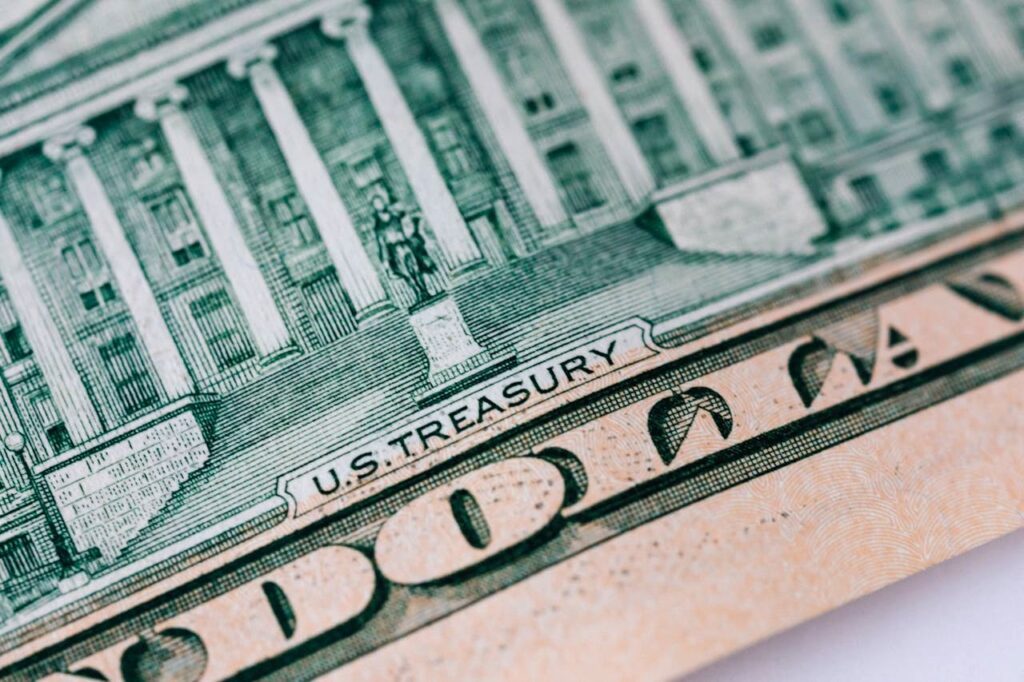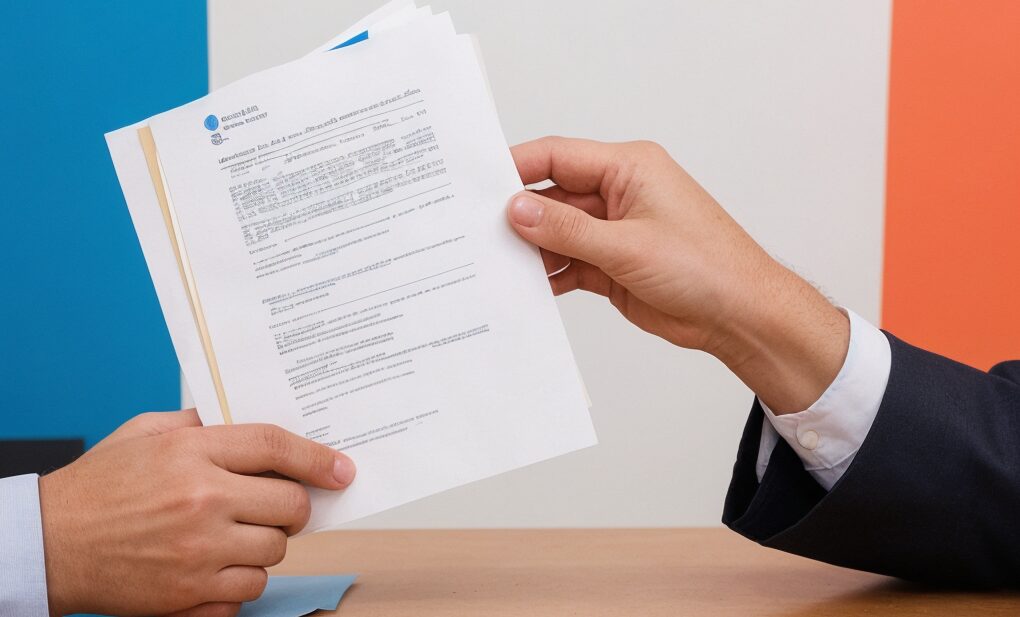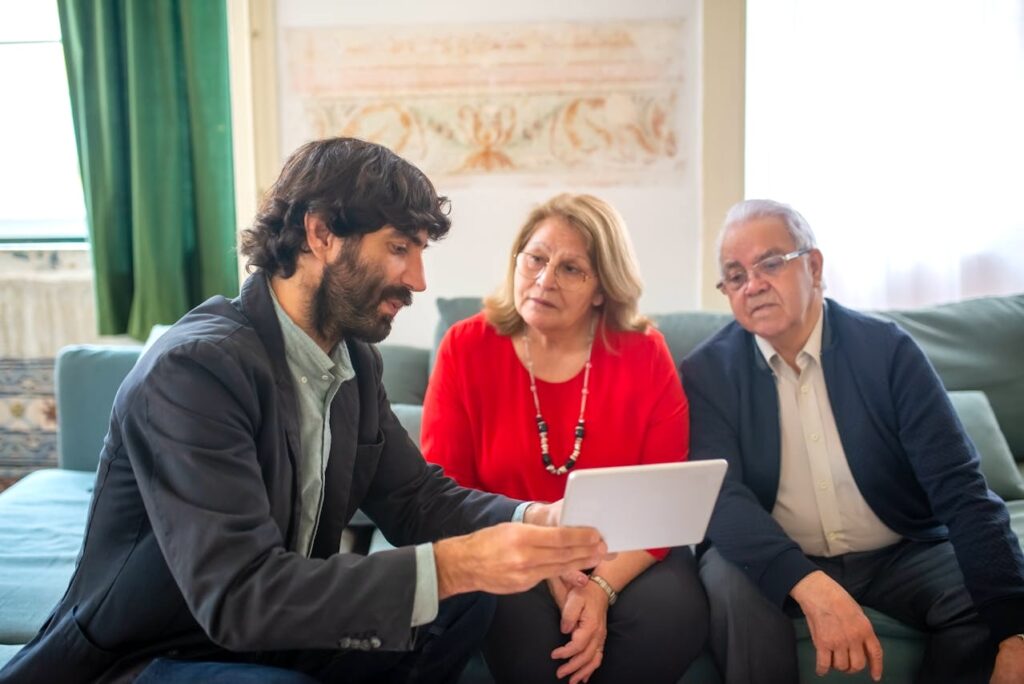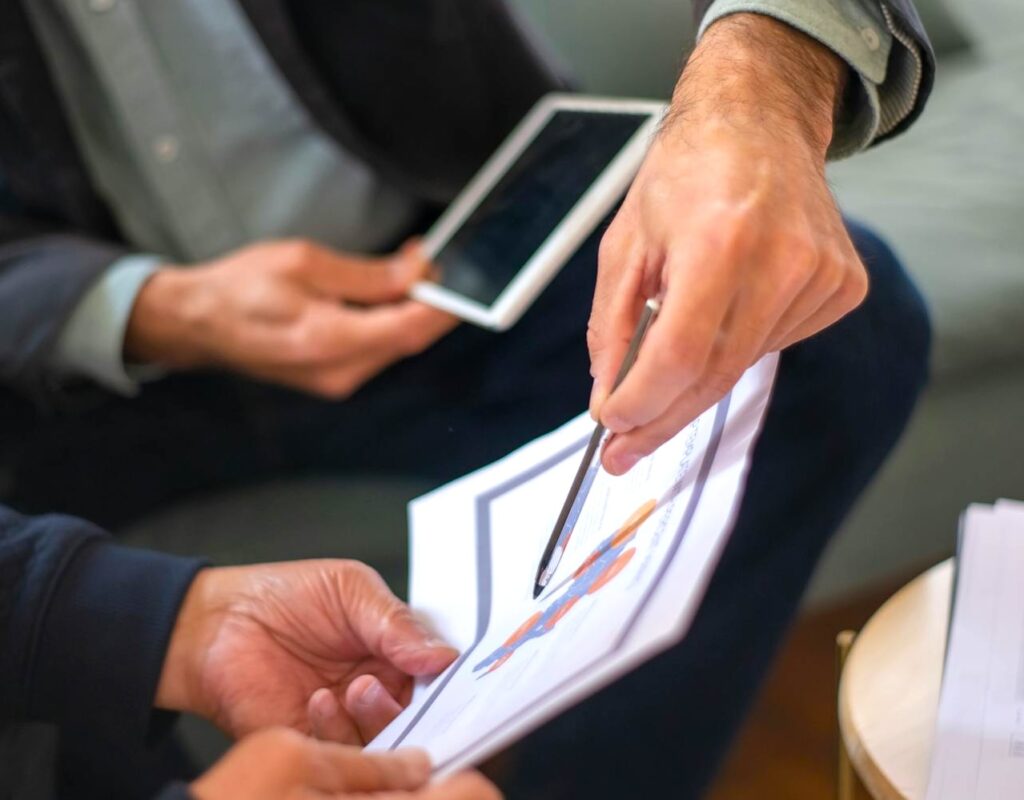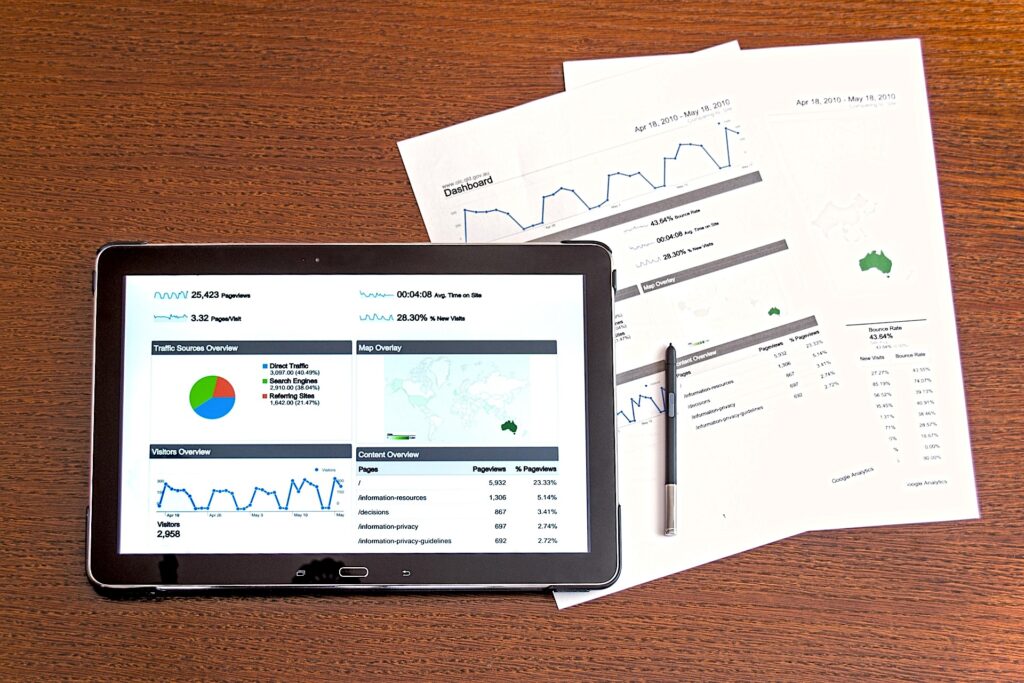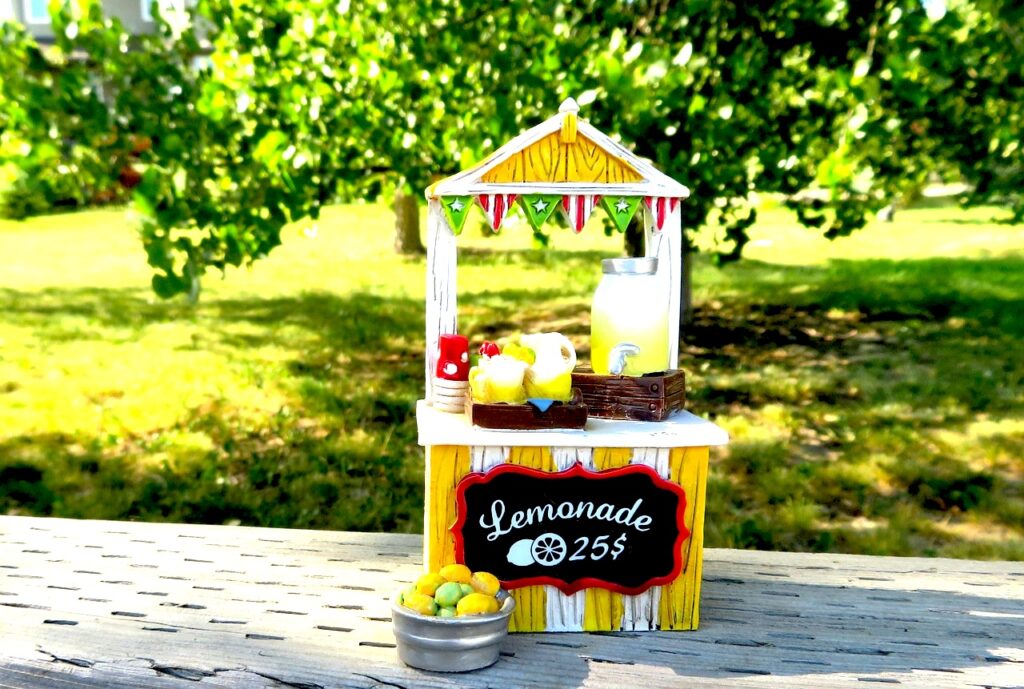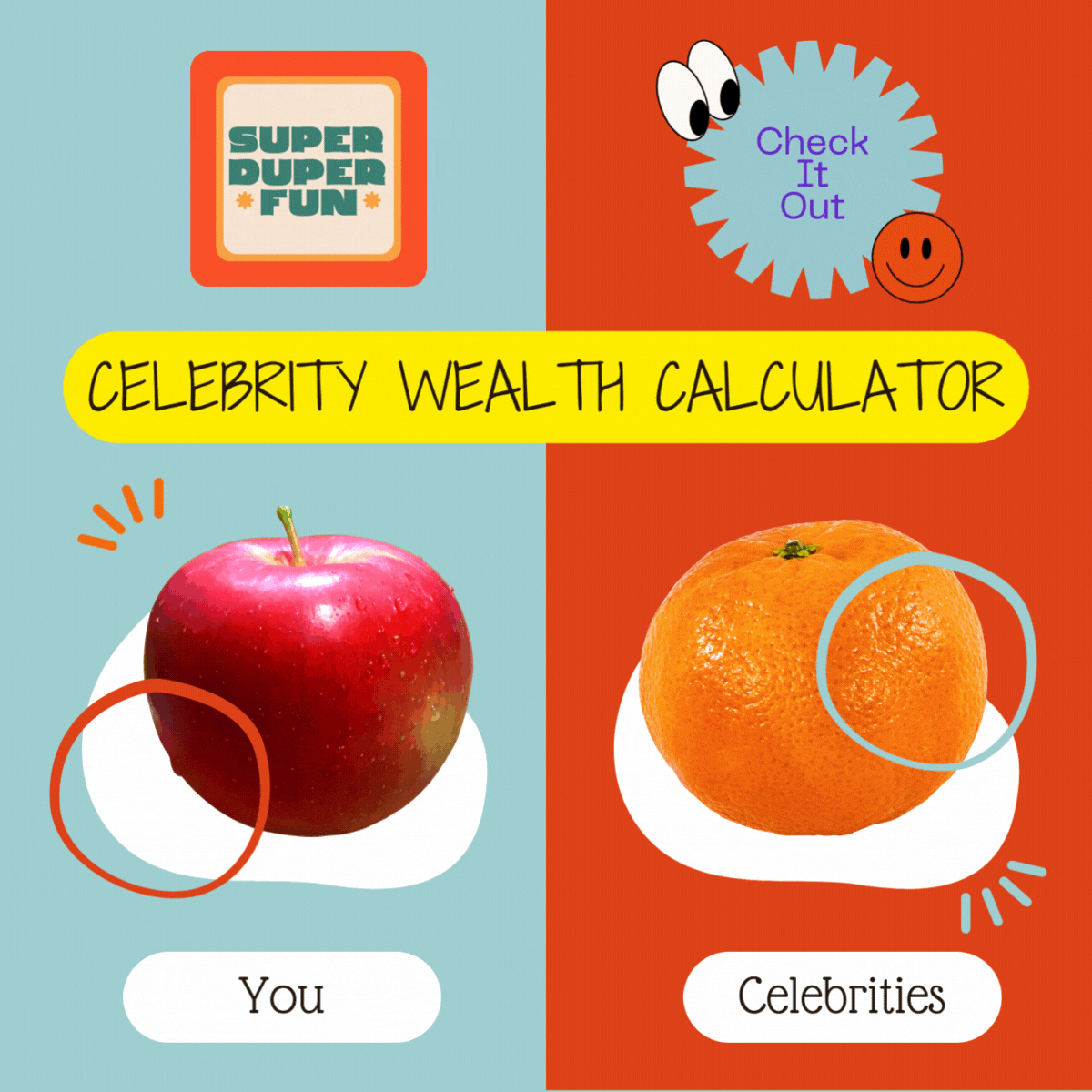When you open a small automotive business, you want to keep building up your customer base so you can avoid debt and be successful. Once you get the swing of things, there are some things you can do to maintain the clientele you currently have and improve that number, especially in an industry that’s only growing. According to Zippia, in 2022, the total value of the U.S. car and automobile manufacturing market was $100.9 billion. Keep reading for the best ways to boost that revenue.
Utilize Auto Repair Software
One of the best ways to improve the revenue of your small auto business is to take advantage of auto repair software. You can use this to manage appointments, send reminders for appointments, and allow clients to determine what services they want for their vehicle. Your customers know that you’re using this software, so they know that they are keeping you accountable, as well. Auto repair software allows users to track employee performance, reduce operational time and expenditure, and better manage the workshop, according to Auto Service World. They can use this software service as a way to connect with your shop.
Implement Digital Marketing
One of the best ways to improve revenue is to boost your digital marketing platform. First, this means taking advantage of free business profiles on social media and becoming interactive with your customers. Make sure you’re having the best interaction with your customers through posts, reels, and stories that you’re uploading from the shop. Let them see the work you’re doing and any changes that are coming to the facility. Also, it’s important to make sure these posts have great keywords so that when they search for you, your website and business pages come up. According to Finances Online, local queries make up nearly half of Google’s two trillion yearly searches.
Review And Add Services
If you’ve had your auto business for a while, it may be time to start adding services that will generate more customers. Based on the needs of your current customers, if you know they are going to other places for different services, consider offering them at your location to keep all the business in the house. You can also see what is trending in the auto world and add to that. Make sure you let them know on social media and your website that you have new services and how to schedule them through the auto software.
Do Thorough Inspections
When you’re working on vehicles for your customers, make sure you’re checking the vehicle out thoroughly. Don’t look for things that you can use to make a dollar, but go the extra mile and see if there are any safety concerns or issues you see developing in other parts of the vehicle. Bringing this to the attention of your clients will let them know that you care and you want to see them safe. This will encourage them to return and promote your business, as well.
Maintain Customer Experience
No matter how short-staffed you may be, or what type of tension may be developing in the shop, make sure you keep up with customer service for your clients. What you don’t want to do is have them feel as though they are burdening you by being there. That type of attitude will get back around. Even when a customer is being difficult and not understating something, keep your cool, especially when you’re discussing these issues in front of other customers. The way you handle yourself is not only seen by the customer you’re speaking with, but others in the lobby listening and watching the exchange.
Improving your bottom line is what’s important in keeping the business going. You’ll want to move forward with these tactics, one at a time, and you’ll start to see your revenue improve. You may not have the time to do some of these at once, but slowly start incorporating them into the business operations to remain successful.



